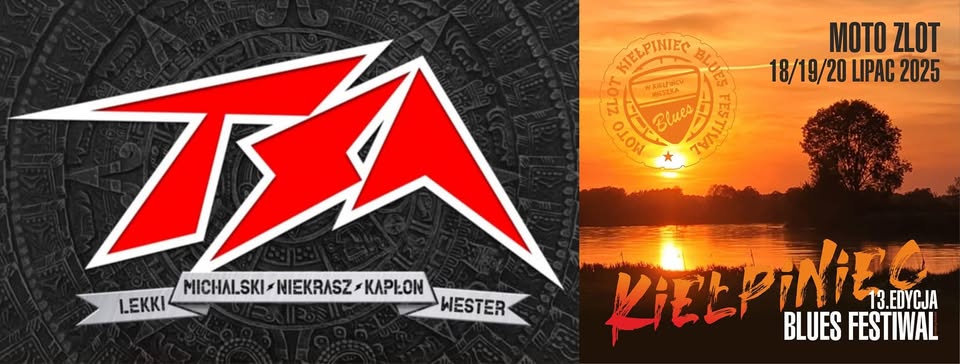SystemC Open Source License Agreement: Understanding the Basics
Since its release in 2000, SystemC has been a popular framework for modeling and simulating digital systems and hardware designs. Over the years, its user base has grown, and with it, the need for a well-defined licensing agreement that can govern its use in open source projects. This is where the SystemC Open Source License Agreement comes into play.
In this article, we`ll take a closer look at the SystemC Open Source License Agreement and what it means for developers looking to use this powerful tool in their projects.
What is the SystemC Open Source License Agreement?
The SystemC Open Source License Agreement (SOCLA) is a license agreement that governs the use, distribution, and modification of SystemC source code. It is a permissive license that allows developers to modify and distribute SystemC software freely, provided they adhere to certain conditions.
SOCLA is based on the GNU Lesser General Public License (LGPL), an open-source license that allows for the use of open-source code in proprietary software, making it a useful tool for both open-source and commercial projects.
What are the key features of SOCLA?
SOCLA includes several key features that make it an attractive option for developers working on open-source projects. Here are a few of the most important:
1. Permissive License – SOCLA is a permissive license, meaning that developers have significant freedom in how they use the software. They can modify the code and incorporate it into their own projects provided they follow certain guidelines.
2. Compatible with Other Open-Source Licenses – SOCLA is compatible with other open-source licenses, such as the GNU GPL, which means that developers can use SystemC code in projects licensed under those agreements.
3. Limited Warranty – SOCLA includes a limited warranty disclaimer that protects the developers and contributors of the SystemC code from any legal liability. This means that if the software is used improperly or causes damage, the developers cannot be held responsible.
4. Attribution Clause – SOCLA includes an attribution clause that requires anyone using or distributing SystemC code to give credit to the original developers and contributors.
What are the restrictions of SOCLA?
While SOCLA is a permissive license, there are still some restrictions that developers must follow when using SystemC source code. Here are a few of the most important:
1. No Trademark Use – Developers cannot use any trademarks associated with the SystemC framework. This includes the SystemC logo and any copyrighted material.
2. No Endorsement – Developers cannot use the SystemC name or the names of any of its contributors to endorse any products or services without explicit permission.
3. No Liability – The developers of the SystemC framework cannot be held liable for any damages resulting from the use of the software.
4. No Warranty – The SystemC framework is provided „as is” with no warranties of any kind.
Conclusion
The SystemC Open Source License Agreement is a permissive license that allows developers to use, modify, and distribute SystemC code freely in their projects. While there are some restrictions, the license is compatible with other open-source licenses, making it a popular choice for many developers working on open-source projects. Understanding the conditions of SOCLA is important for anyone looking to use SystemC in their work, and we hope this article has provided a helpful overview of the license and its key features.
